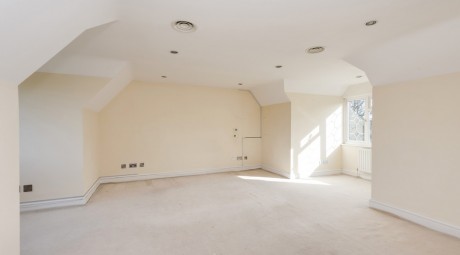Tenant Fee Ban
May 15th, 2019

The United Kingdom Parliament proposals for a Tenant fees ban via the Tenant fees Bill will come into force on the 1st of June 2019 following Royal assent. The Tenant Fees Act, banning Landlords and agents from charging letting fees paid to tenants in the private rented sector and caps tenancy deposits in England to 5 weeks where annual rent is below £50,000.
The aim of the Act is to reduce the costs that tenants face at the outset, and throughout, a tenancy and is part of a wider package of measures aimed at rebalancing the relationship between tenants and landlords to deliver a fairer, good quality and more affordable private rented sector.
Tenants will be able to see, at a glance, what a given property will cost them in the advertised rent with no hidden costs. The party that contracts the service – the landlord – will be responsible for paying for the service, which will help to ensure that the fees charged reflect the real economic value of the services provided and sharpen letting agents’ incentive to compete for landlords’ business.
Landlords and their agents will be unable to charge anything not exempted, that the tenant is required to pay as a condition ‘of the grant, renewal, continuance, variation, assignment, novation or termination of’ an assured shorthand tenant, or license agreement. This includes payments to third parties, either for service rendered throughout the tenancy or for specific performance of a job and third-party loans. Rules around deposits and how they are dealt with will also be significantly tightened.
There will be a ban on setting rent at a higher level for the first portion of the tenancy and then dropping it down, afterwards. This is to prevent landlords or agents trying to offset the ban on fees by artificially increasing the rent for the initial period to make up the costs. A higher rent than you would normally charge for the property, that is consistent throughout the tenancy will however be fine.
Holding deposits - the commitment fee tenant pay when renting a property – will be limited to a maximum of 1 week’s rent and subject to statutory legislation on the repayment of this should the tenancy not proceed.
Damages to property caused by the tenants’ breach of tenancy, such as cleaning cost for the property at the end of the tenancy will still be deductible from the deposit; as well as other default fees, you’ll still be able to charge if the tenant loses their keys or is late paying the rent. A landlord can also still charge for changes to the tenancy requested by the tenant or early termination of tenancy.
Examples of banned fees are:
* Credit checks
* Referencing
* Inventories
* Charging for a guarantor form
* Cleaning services
* Professional cleaning
* Having the property de-flea as a condition of allowing pets in the property
* Admin Charges
* Requirements to have specific insurance providers
* Gardening services
What does this all mean for you the Landlord?
Some of the tenant fees goes towards important things like reference and credit checks, to ensure good quality tenants are the ones you hand keys over to and other bits of it to things like inventory checks, which creates an audit trail of the building’s condition, before and after the tenant moves in/out. Thus these aren’t costs that can be forgone. 57% of Landlords surveyed in research by the Residential Landlord association indicated a willingness to raise their rents to cover increased charges.
It is important to work with an agent that can minimize the impact of these changes on your earnings and makes sure your portfolio isn’t left exposed.
For a non-obligatory conversation on this topic and other Landlord – Tenant matters, get in touch with us today
email: citymgt@dfint.com
Tel: +44 (0) 20 7713 0909

Leave a Reply